
Buying Guide for the Best Juicer Machine For YOU!
Did you know that when you drink an extracted juice from a juicer, the vitamins, minerals and plant chemicals (phytonutrients) are immediately absorbed into the body/bloodstream?
These nutrients can help protect against cardiovascular disease, cancer and various inflammatory diseases, like rheumatoid arthritis.
If you’re one who struggles with eating fruits and vegetables - juicing -- like blending -- is another healthy and convenient way for your body to get in the nutrition it needs.
While there are many juices (and juices cleanses) in the marketplace, it’s rather simple and cost-effective to make your own juices at home.
To do so you may consider purchasing a juicer!
But there’s so many options, you say? Yes, we know!!
After tons (and TONS!) of research and testing, I have found the best juicer machines on the market based on several factors such as design size, multiple functionalities, slower oxidation, lower heat generation, etc.
Gone are the days when the standard juicer machine would just extract juice without serious consideration to either the quality of the juice or the yield.
These modern juicers, however, are powerhouses that augment upon several factors which are detailed below.
With multiple options available, we’ve put this handy dandy guide together for you to explain in detail the different types of juicers on the market and the difference between them.
Factors to Look Out For While Reviewing a Juicer Machine
Whatever information you have obtained about juicers can generally be considered pulp fiction. 😉
Most brands, when promoting their product, will never list the drawbacks.
This is why it’s necessary to research the product you are interested in purchasing for functionality.
To make shopping for the best juicer machine easier, you can determine your choice by carefully evaluating if the product your interested in meets the necessary criteria outlined in the next sections of this guide.
USAGE
How often do you intend to use your juicer? Once a month? Twice a day?
Depending on your requirements and frequency of usage, a number of juicers can be worth considering for you.
If you use your juicer as often as twice or up to three time a day, you may need to pick a juicer that is easier to clean.
On the other hand, if you occasionally use your juicer, then you can ease up on the cleaning factors and concentrate on a budget range with more functionality.
THE KIND OF PRODUCE TO JUICE

Another simple factor to consider before buying a juicer is the type of food products that you use the most, such as fruits, vegetables, nuts, leafy greens, wheatgrass etc.
If you would like to simply juice fruits and vegetables, a centrifugal juicer is ideal as it’s not too expensive and can retain the freshness for about an hour.
If you are looking to grind nuts and juice wheatgrass, which are considered hard-produce, you are likely to invest in a tougher and an advanced juicer machine such as a twin-gear juicer.
If you are looking to store your juices for longer than 24-hours than a masticating juicer is optimum for your needs.
You can now begin to understand the difference between various juicers and their advantages.
If you are looking for a list of foods that you can juice, here are some delightful juice recipes for you to prepare with your new machine (exclude the liquid!)
If you are looking to store your juices for longer than 24-hours than a masticating juicer is optimum for your needs.
ADDED FUNCTIONALITY
Functionality is important in any juicer machine, whether it’s a low-cost basic or expensive and advanced. Below are five simple things to also consider when purchasing a juicer:
- Power cord. Having a longer power cord allows you to move your unit comfortably around your kitchen.
- Speed control. When you have variable speed control, you end up saving on power and utilizing the right speed for low to high powered tasks.
- Non-slip feet. Non-slip feet enable your juicer to stay in place during a heavy workload.
- Feed chute. An XL feed chute allows you to feed your juicer a whole fruit instead of slicing them up.
- Safety locks. Safety is paramount when purchasing a juicer. Safety lock lids prevent your juicer from turning the device on accidentally.
ACCESSORIES
A good example of accessories that can come with a juicer machine are:
- a foam separator jug
- a cleanup brush for those hard-to-reach narrow spaces
- a pusher - which is a standard packaged unit for most juicers used to push the fruit in while extracting juice.
Generally, the more expensive the juicer, the more extras you receive with the product; this is something to keep in mind while making a purchase.
PRICING
And the most important factor of them all – budget!
No purchase is warranted without having a clear idea of what you have to pay and what you get for paying.
Let’s face it -- everyone wants a big bang for their buck and while companies are always throwing deals and offers to their customers, it’s important to identify the difference between paying for a cheap product and purchasing a best seller at a discount.
Understanding the Different Types of Juicers on the Market
As a buyer, you may need to educate yourself on the various types of juicers on the market and their performance.
Some of the most popular types of juicers are listed below.
CENTRIFUGAL JUICERS
Centrifugal juicers operate by shredding the ingredients using a rapid spinning force. The spinning force is generated by toothed blades at the bottom.
The extraction is performed when the fruit or vegetable produce is dropped into the blades, thereby separating the juice from its pulp.
Centrifugal juicers come in either plastic parts on budget variants as well as durable metal units.
Higher end models also come with soft fruit discs that further enhance the juicing of berries.
Centrifugal juicer machines are ideal for individuals who have little time and need to prepare a glass of juice quickly.
These type of juicers are also relatively easier to clean as compared to similarly priced counterparts from other categories of juicers.
MASTICATING JUICERS
Masticating juicers are more advanced juicers that are generally expensive.
Masticating juicers crush the produce by slowly rotating their gears to generate as little heat as possible to prevent oxidation from occurring.
Masticating juicers are extremely versatile and are used for a variety of foods apart from juicing produce.
They are great for making pasta, grinding coffee beans, and are excellent at crushing hard produce such as wheatgrass and sugarcane.
Masticating juicers are generally preferred by individuals who have more time on their hands to enjoy the high quality and yield of their juice.
Juices made from masticating juicers enjoy a slow decay rate of anywhere between 24 to 48-hours.
TWIN GEAR JUICERS
Twin gear juicers are also known as triturating juicers, they operate by grinding and pounding the produce into fine particles.
As the name suggests, twin gear juicers use a twin-gear system that slowly rotate at a low speed of 80-160 RPM.
Twin-gear juicers utilize the extraction method of tearing the produce’s membranes and releasing all the enzymes and nutrients.
There is next to no foam produced on twin-gear juicers and the quality of the juice is extremely rich as well as concentrated.
The juice yield is extremely high on twin-gear juicers as they extract every last drop out of the pulp.
If you are someone that enjoys the taste of a good berry shake from time to time or prefer leafy vegetable juice, then investing in a twin-gear juicer machine may not seem like a bad idea.
HYDRAULIC PRESS JUICERS
While the hydraulic press juicer may not seem like a very ‘household name’ in the market compared to other types of juicers, these juicers are still widely used.
With the hydraulic press it produces juice by mashing the produce into a fine pulp. The mash is captured in either linen or cloth bags on one end of the hydraulic press.
Once the entire segment of mashing the produce is done the pulp is then taken out of the bags and placed into the hydraulic press portion of the juicer.
The juicer then proceeds to exert pressure on the pulp to extract maximum yield and all the nutrients.
The hydraulic press tends to retain more natural minerals and enzymes compared to other types of juicers but this also results in a lot of time spent to extract the juice.
The hydraulic press is generally preferred by individuals who prefer the old school way of extracting juice.
MANUAL JUICERS
Juicers that require no electricity and are operated entirely by your hands are known as manual juicers.
These juicers are budget friendly and can surprisingly juice a large variety of fruit and vegetables.
Many manual juicers are even capable of squeezing hard produce into a nutritious drink.
Many manual juicers can rank as high as their electric counterparts in terms of utility. They are easier to clean, portable, require no electricity, are silent, etc.
So if you are a beginner looking to invest in an inexpensive juicer, then a manual juicer machine can introduce you to the world of juicing.
How Do Different Types of Juicers Compare Against Each Other?
Top 5 Juicer Machines:
A Breakdown
Omega J8006 Juicer
The Omega J8006 is a masticating juicer machine that utilizes cold-press juicing abilities to offer you optimum juice quality and a high extraction rate.
PRICE: $ 269.99
* Blender Babes is an affiliate of Amazon
PROS
- 2-stage mechanism that crushes and applies pressure to extract maximum yield
- Multifunctional and performs as a food processor for nuts, soy milk, spices, etc.
- GE Ultem Auger is 8 times stronger than plastic
- 2HP power allows you to extract juice from the toughest of ingredients
- Longer shelf life of extracted juice of up to 72 hours
- Extremely silent
- 15-year warranty
CONS
- Cleaning is not easy with this product
- Quite expensive as it’s a combined food processor
- Can require some time to learn the basics if you are a beginner
PROS
- Preserves juice quality by maintaining a low temperature
- Strong and durable construction consisting of stainless steel
- Performs at 90% efficiency while costing relatively less
- Can juice most fruits and vegetables as well as leafy greens
- All parts are easily removable and are dishwasher safe
- Comes packed with a juice container, cleaning brush, pulp bin and froth separator
- 15-year warranty
CONS
- Only 1-year of warranty coverage
- Not a great product for absolute beginners
Cuisinart CJE-1000
Featuring a 1000-watt motor and fitted with five adjustable speeds via a controllable dial, the Cuisinart CJE-1000 offers complete control over the juicing speed in the hands of its owner. It’s specifically designed for soft and hard produce extraction.
PRICE: $ 112.25
* Blender Babes is an affiliate of Amazon
PROS
- Multi-speed centrifugal juicer with fast extraction rate
- High capacity pulp collector
- Economically priced
- External pulp ejection is provided for non-stop juicing
- Dishwasher safe parts
CONS
- Juice quality has a low shelf life
- Cannot juice greens or leafy vegetables
Hurom HU-100
The Hurom HU-100 is a masticating juicer machine that offers a technology patented as ‘Slow Squeezing Technology’ to procure a high amount of rich concentrated juice along with preserving the nutrients. What’s more, it’s an extremely quiet masticating juicer.
PRICE: $ 244-$499
* Blender Babes is an affiliate of Amazon
- Comes in two different finishes – silver and white
- Compact and portable
- Super silent operation
- Up to 72 hours of shelf life on juices
- Continuous juicing can be done due to its external pulp ejection
- Can juice relatively all produce – soft and hard
- No frothing on juices
CONS
- Produce can get clogged sometimes and may need to be further cut into little bits
- Manual washing is necessary as the parts are not dishwasher safe
- Mid-range but may be quite expensive
Tribest Green Star GS-3000
The Tribest Green Star GS-3000 is a twin-geared juicer machine that excels in crushing leafy vegetables and fruits efficiently. It utilizes double stainless steel rotating gears to crush produce and can easily extract even the toughest of ingredients.
PRICE: $ 479
* Blender Babes is an affiliate of Amazon
PROS
- Higher yield on wheatgrass and tougher ingredients
- Metal gears are durable and long lasting
- Can be converted into a food mill that can make nut butter, pasta, sorbets, etc.
- Ideal for green leafy vegetables
- Quiet Operation
- Comes with a lot of extra accessories
CONS
- High Cost
- 5-year warranty not very long for such a pricey juicer
- Takes up a lot of space
JUICER | Omega J8006 | Breville | Cuisinart CJE-1000 | Hurom HU-100 | GreenStar GS-3000 |
|---|---|---|---|---|---|
Type of Juicer | Masticating Juicer | Centrifugal Juicer | Centrifugal Juicer | Masticating Juicer | Twin-Gear Juicer |
Motor Speed & Watts | 80 RPM/ 150 watts | 6500 to 13000 RPM/ 1000 watts | Around 13000 RPM/1000 watts | 80 RPM/ 150 watts | 110 RPM/ 190 watts |
Ideal for Juicing | Fruits, Vegetables, Leafy Greens Wheatgrass, Berries, Nuts | Citrus Fruits, Vegetables, and Leafy Greens | Medium sized fruits, Citrus fruits, and Vegetables | Wheatgrass, Fruits, Vegetables, and Leafy Greens | Leafy Greens, Vegetables, Fruits, Wheatgrass, Berries, Nuts, Soy-Milk, Pasta |
Warranty | 15 years | 1 year | 3 years | 5 years on motor, 1 on parts | 5 years |
Average User Rating* | 4.7/5 star ratings | 4.5/5 star ratings | 4.0/5 star ratings | 4.1/5 star ratings | 4.0/5 star ratings |
*All user ratings are based on ratings taken from popular shopping sites
For even more detailed reviews, check out my Juicing 101 Buying Guide
FAQs
Which is the best juicer for me?
There is no ‘best juicer’. The phrase itself is misleading and creates a false identity that there is a hidden list of good juicers. While an advanced juicer can undoubtedly mash more produce over a basic one, the cost is also quite high. So the term ‘best juicer’ can be described when your juicer meets your expectations at a reasonable cost.
What are the key differences between a fast juicer and a slow one?
Centrifugal juicers are commonly known as fast juicers, they utilize high-speed and power to quickly extract juice and are extremely time efficient. Slow juicers are also called ‘Cold Press juicers’ or Masticating juicers. T these operate by slowly extracting the juice utilizing low heat generation. This process slows down oxidation and preserves the nutrition and enzymes present in the fruit for a longer period of time.
Can I lose weight by simply purchasing a juicer and consuming juices?
While juicers are definitely useful equipment, eating the whole fruit/vegetable can be more beneficial to the body. Though juicing is a great way to detox and get nutrients into your system, juicing does extract all of the fibrous content which your body needs. Still, juicing is a wonderful way to maintain your health. However, there is nothing better than consuming your produce than as nature gifted it to us.
Of course, juicing is always preferred to any form of soda or other sugary-rich drink. So, yes, incorporating juicing into your health regiment can help you shed unwanted pounds, but it works best when paired with an otherwise healthy meal plan and some physical activity.
Are Juicers a long term investment or do I have to replace them after a few years?
No need to! A good brand generally does not need replacing for about a decade or so. As for maintaining your product, many companies offer a longer period of service plan and a good warranty to accompany your purchased product. It’s a good idea to consider one of these two options when making a purchase.
Other than juicing, are there any other benefits for a juicer?
Making protein shakes, flavored yogurt, blending fruits, grinding nuts and spices, making almond milk, etc. are other popular uses for a juicer apart from the standard extraction. Many juicers also alternate into food mills and food processors.

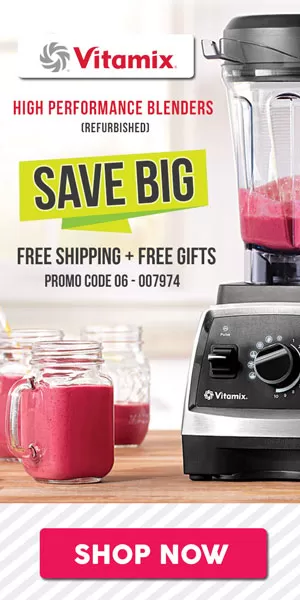






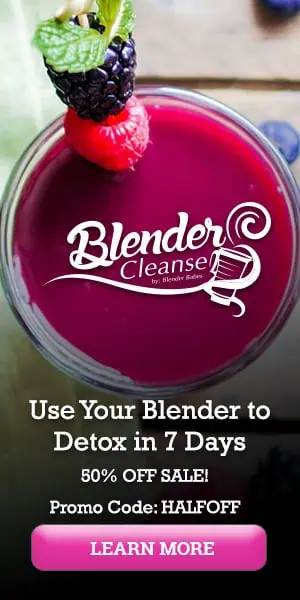







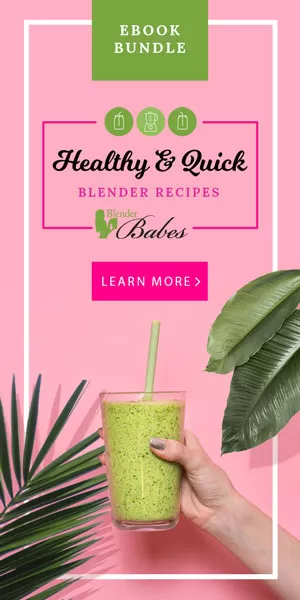

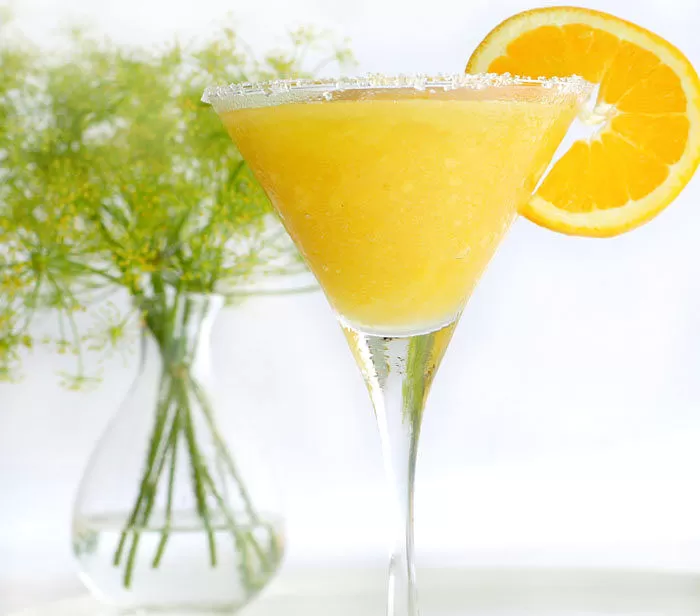
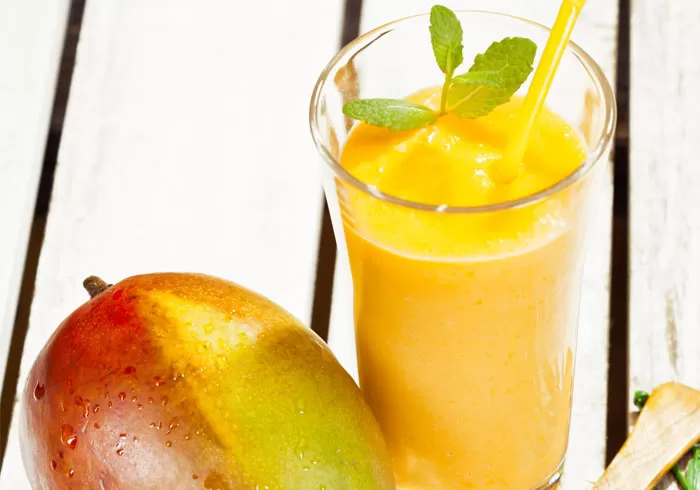
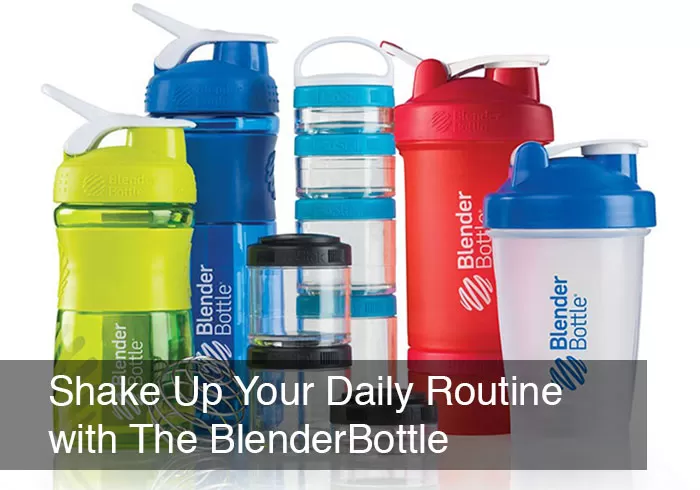
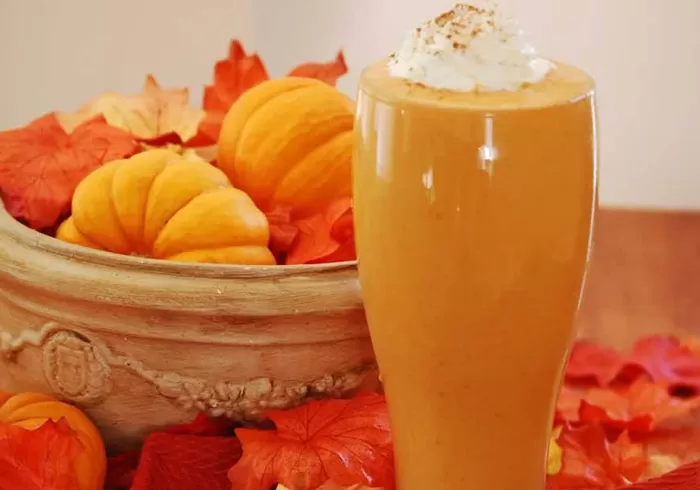
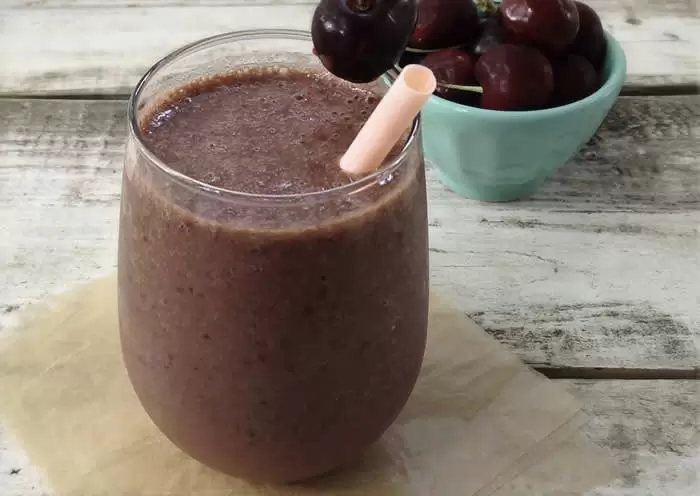
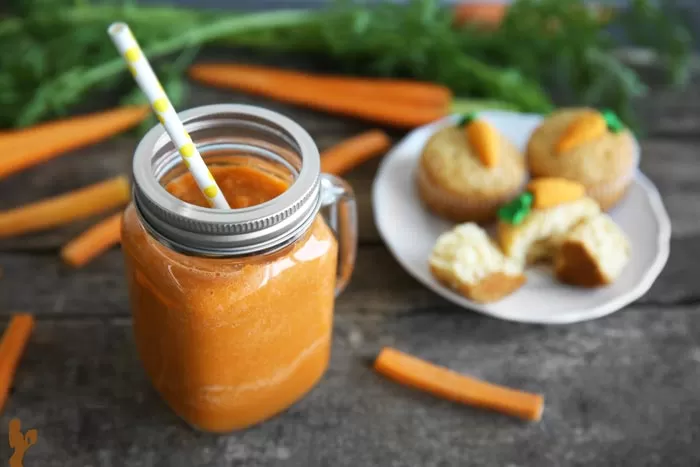
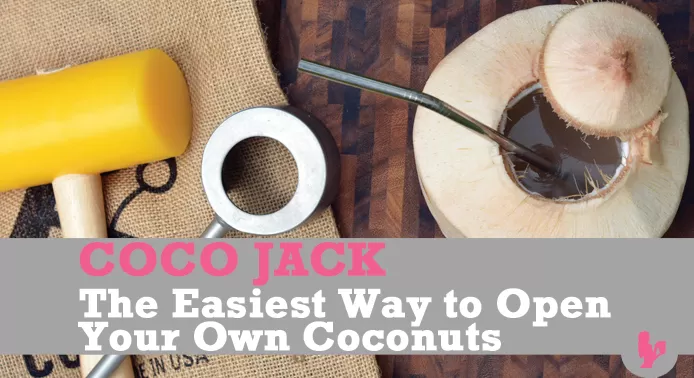
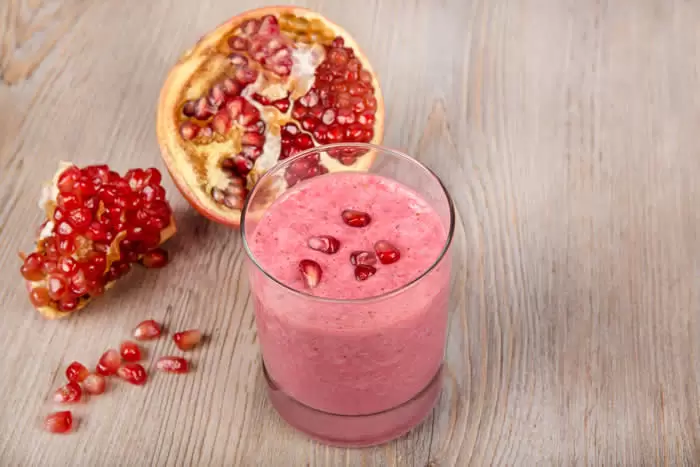
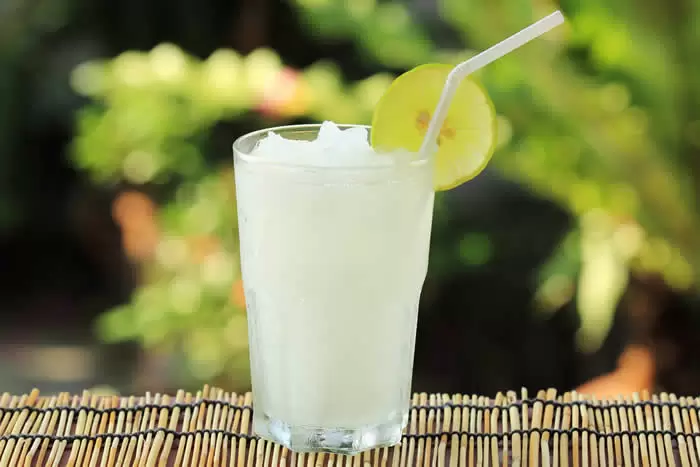
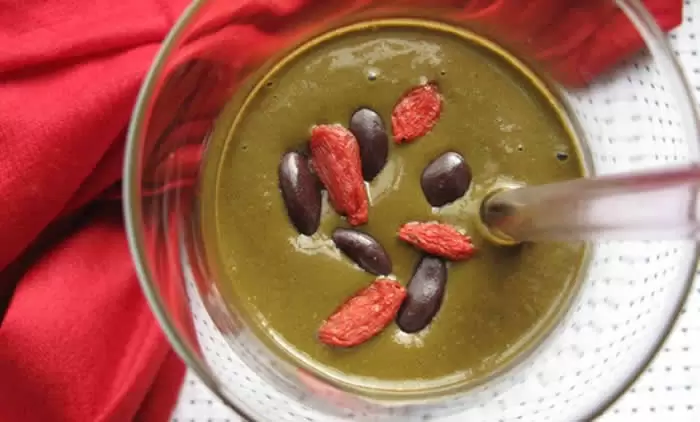
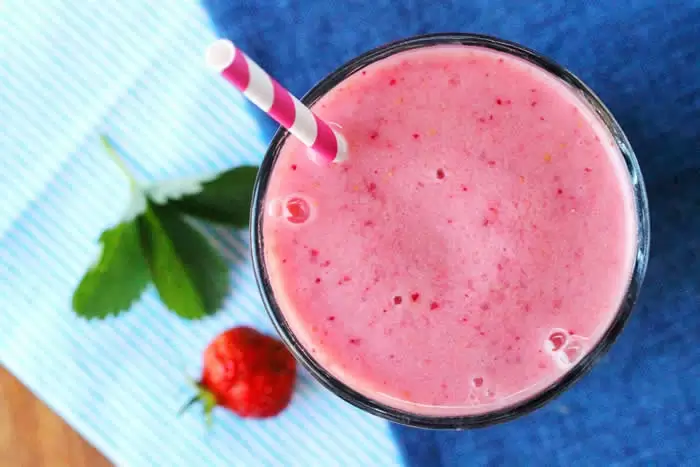
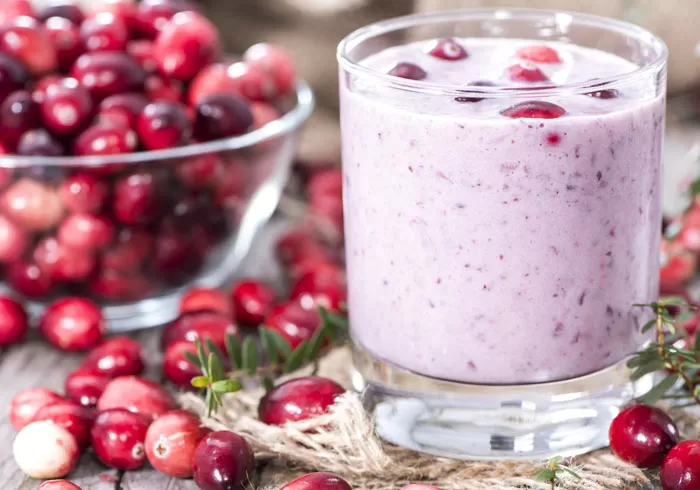

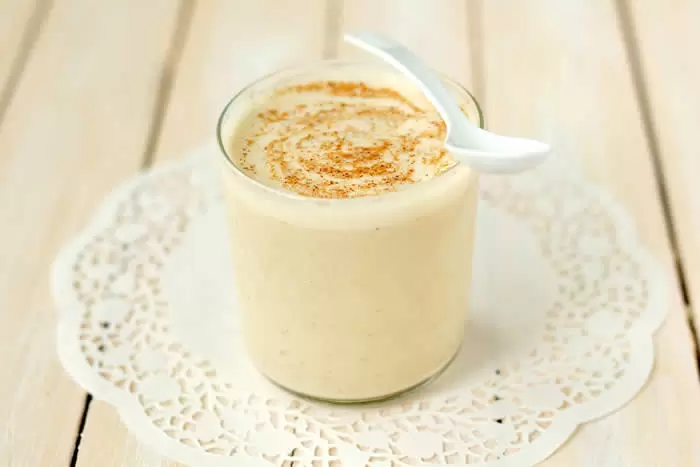
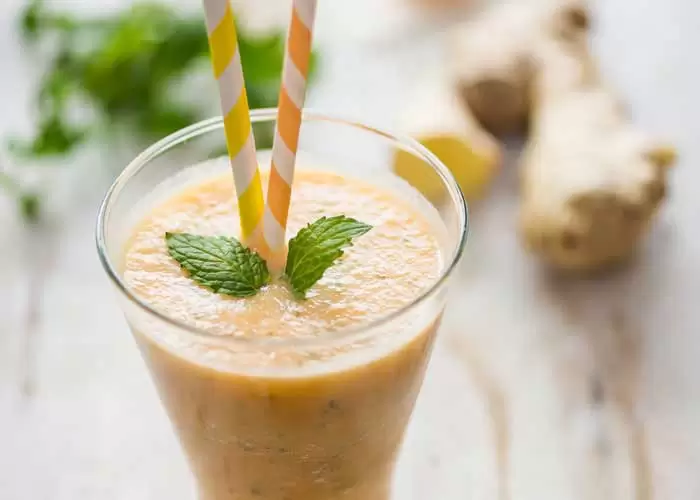
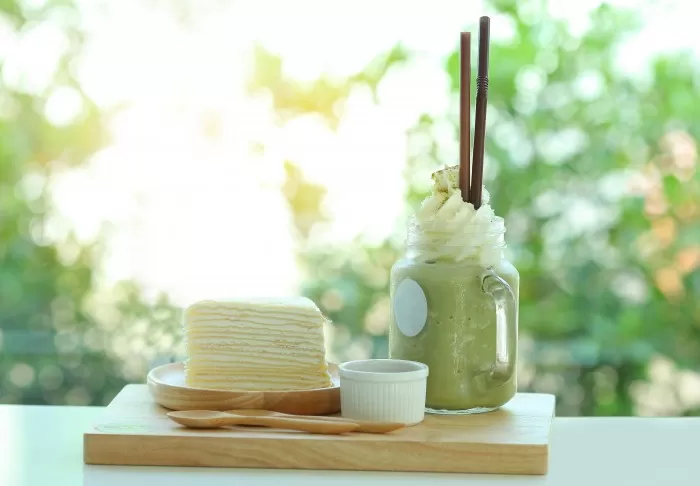
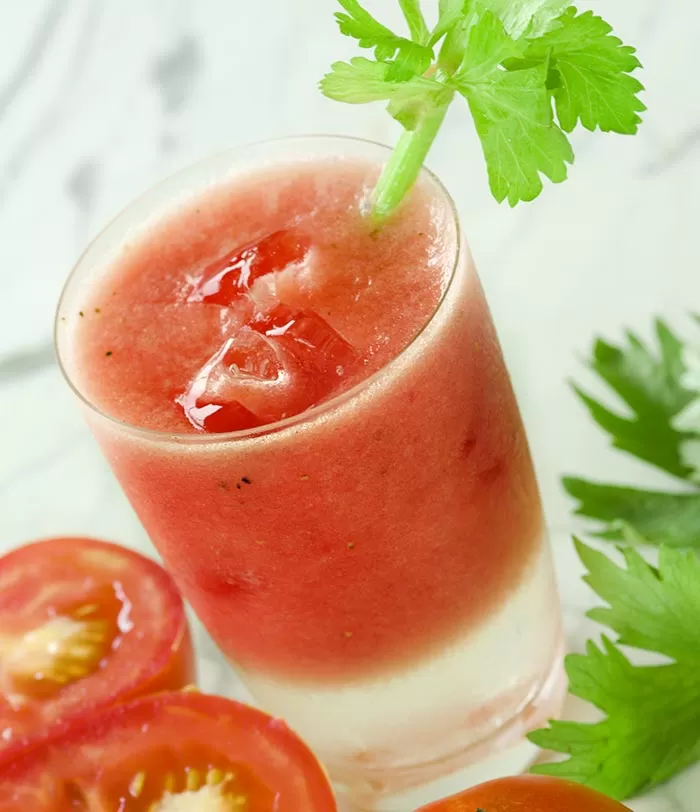
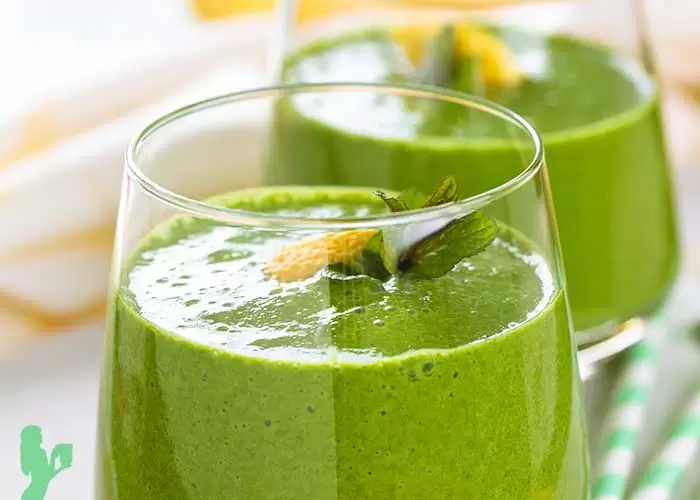





Sorry, I am not in the position to purchase one.